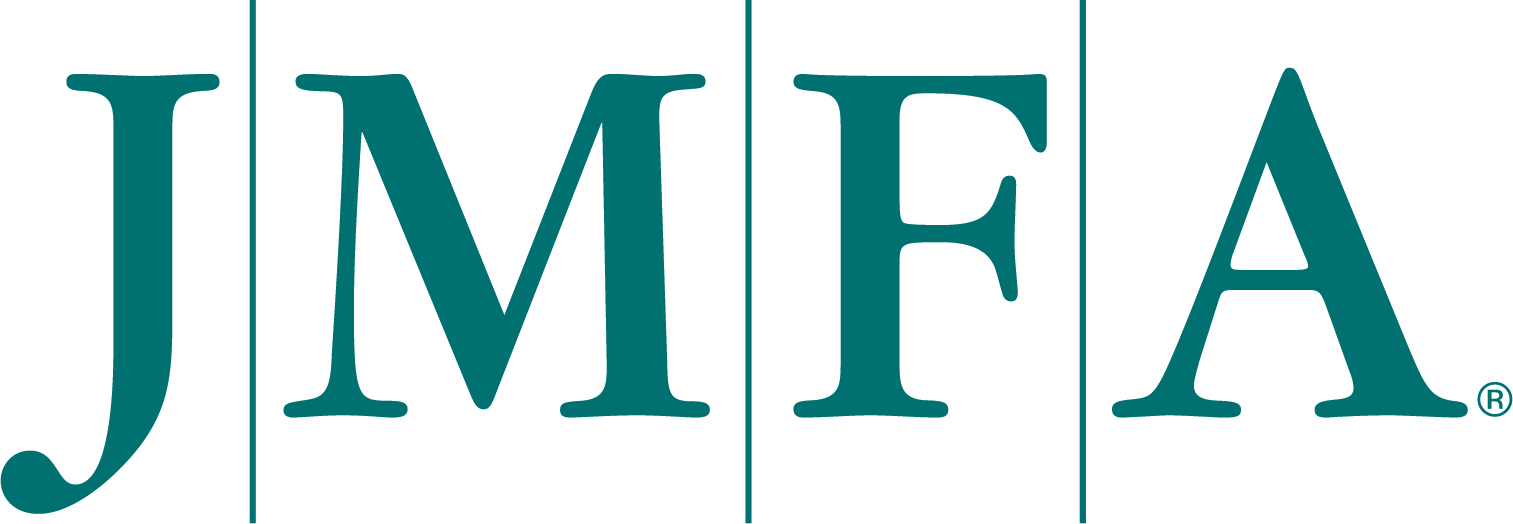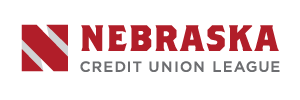By CHERYL LAWSON, EVP of Compliance Review, JMFA
Despite no new guidance from the CFPB, regulators are emphasizing the  need to evaluate and review overdraft services. Is yours up to date with the latest advice?
need to evaluate and review overdraft services. Is yours up to date with the latest advice?
Will there be any overdraft legislation passed or CFPB guidance published in the near future? Nobody knows. While there are those taking a “wait-and-see” approach to an ever-changing climate, this comes with its own set of risks.
Instead, compliance departments should focus on understanding the key issues at hand and chart a path for reviewing and updating overdraft policies. It’s clear that all corners of the industry seem to be saying essentially the same thing: Reform your overdraft program so it’s more consumer-friendly or put yourself at risk.
The NCUA, along with the FDIC and OCC and have all issued statements urging their financial institutions to take a closer look at their overdraft programs now, if they haven’t already done so. Common themes among these statements are:
- ensuring correct practices and clear disclosures surrounding “authorize positive, settle negative” (AP/SN) transactions and re-presentment fees;
- offering more ways for consumers to avoid overdraft fees (such as a de minimis amount and grace period); and,
- avoiding “surprise” fees through greater transparency.
Ensuring you have a pro-consumer overdraft service remains at the forefront
Years ago, the FDIC did a study and went into multiple branches of the same financial institution. Frontline staff were asked the same questions about products and services but replied with different answers.
The reality is that if your employees aren’t educated about how your credit union’s overdraft program works, they won’t be able to communicate properly with your members. The risks are twofold: 1) members won’t use the service because they don’t understand and 2) they may be given inaccurate information. Your members should know what balance to look at, how decisions are made to pay a transaction, and what fees will be assessed.
And staff education should be combined with clear and transparent disclosures. Such disclosures will stave off any critiques from examiners and potential litigation. Even the best disclosures should still be regularly reviewed to ensure that they’re aligned with current guidance. If you’re not constantly monitoring the overdraft environment, you might end up missing something and open the door for risk.
An audit of your overdraft strategy leads to getting on the right track
As Acting Comptroller of the Currency Michael Hsu recently stated, the goal for financial institutions is not to eliminate this valuable service and its associated fees, but rather to update their overdraft solution to make it more friendly to consumers and avoid regulatory risk.
So even though there is no new overdraft legislation at the moment, when we read between the lines there is still action needed by banks and credit unions to stay within regulatory expectations. The reality is that pro-consumer policies will satisfy the regulators, can continue to generate revenue, and provide customers with a valuable service. Transparency is paramount. Credit unions can update their disclosures and make it crystal clear how and when fees will be assessed.
The simple place to start is to have an objective, third-party review of your current overdraft program to uncover areas that could be construed as deceptive to consumers and/or leave you more susceptible to regulatory risk and litigation.
For more insights into responsible and compliant ways to address your members’ needs, watch the on-demand webinar “Keeping your overdraft program compliant.”
To learn more about a pro-consumer review of your overdraft program, contact the experts at JMFA to get started.
ABOUT THE AUTHOR
Cheryl Lawson has more than 30 years of experience in information technology and financial operations, as well as consulting, communications, training, and project management. She serves as JMFA’s principal compliance liaison for regulatory requirements of overdraft services, including consumer protection issues and strategies that enhance safety and soundness.
ABOUT JMFA
JMFA provides comprehensive overdraft consulting with consumer-focused recommendations, data-driven intelligence, and a 100% compliance guarantee to address your evolving needs. To learn more, contact Derrik Mather, your local representative.


